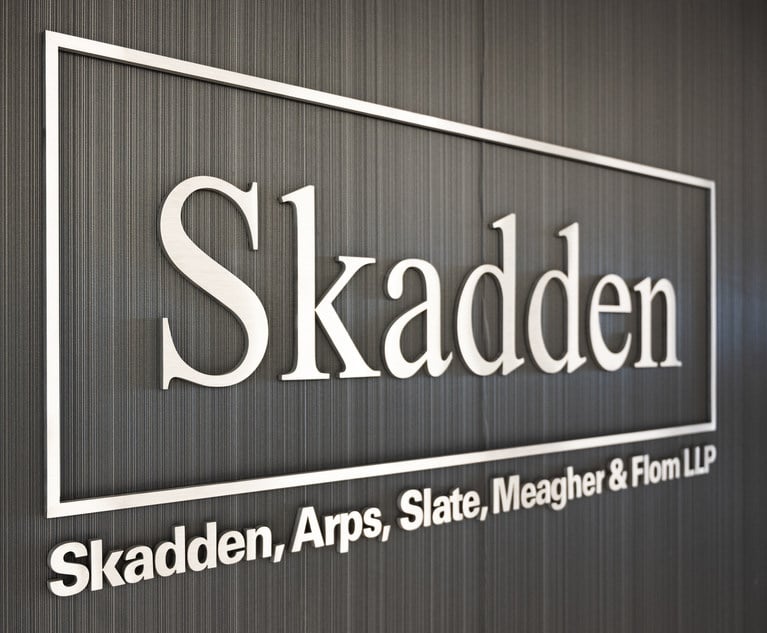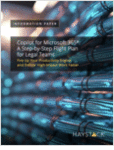Federal Rule of Appellate Procedure 29 governs the filing of briefs amicus curiae. That rule permits the United States, a federal officer or agency, or a state to file an amicus brief. Any other party may file an amicus brief only with the consent of all parties to the appeal, or with leave of court. A motion for leave to file must identify the interest of the movant and state why the filing of the amicus brief is desirable. It must also disclose whether the party’s counsel authored the brief in whole or in part or funded preparing the brief. Rule 29 does not define the circumstances in which a court will grant leave to file an amicus brief. Seventh Circuit Rule 29 likewise, does not provide that guidance.
 In Prairie Rivers Network v. Dynegy Midwest Generation, 976 F.3d 761 (7th Cir. 2020) (Scudder, J., in chambers), the Seventh Circuit, by Judge Michael Scudder, described the circumstances in which it will accept an amicus brief. The court explained an amicus brief is appropriate when it adds value to the Court’s evaluation of the issues on appeal. The court recognized an amicus is likely an advocate, not a “neutral information broker.” Nonetheless, an amicus interested in the outcome of the case can contribute to the court’s consideration of the appeal. The court identified the following eight ways in which an amicus brief may assist the court:
In Prairie Rivers Network v. Dynegy Midwest Generation, 976 F.3d 761 (7th Cir. 2020) (Scudder, J., in chambers), the Seventh Circuit, by Judge Michael Scudder, described the circumstances in which it will accept an amicus brief. The court explained an amicus brief is appropriate when it adds value to the Court’s evaluation of the issues on appeal. The court recognized an amicus is likely an advocate, not a “neutral information broker.” Nonetheless, an amicus interested in the outcome of the case can contribute to the court’s consideration of the appeal. The court identified the following eight ways in which an amicus brief may assist the court:
- Offering a different analytical approach to the legal issues before the court;
- Highlighting factual, historical, or legal nuance glossed over by the parties;
- Explaining the broader regulatory or commercial context in which a question comes to the court;
- Providing practical perspectives on the consequences of potential outcomes;
- Relaying views on legal questions by employing the tools of social science;
- Supplying empirical data informing one or another question implicated by an appeal;
- Conveying instruction on highly technical, scientific, or specialized subjects beyond the ken of most generalist federal judges;
- Identifying how other jurisdictions—cities, states, or even foreign countries—have approached one or another aspect of a legal question or regulatory challenge.
This content has been archived. It is available through our partners, LexisNexis® and Bloomberg Law.
To view this content, please continue to their sites.
Not a Lexis Subscriber?
Subscribe Now
Not a Bloomberg Law Subscriber?
Subscribe Now
LexisNexis® and Bloomberg Law are third party online distributors of the broad collection of current and archived versions of ALM's legal news publications. LexisNexis® and Bloomberg Law customers are able to access and use ALM's content, including content from the National Law Journal, The American Lawyer, Legaltech News, The New York Law Journal, and Corporate Counsel, as well as other sources of legal information.
For questions call 1-877-256-2472 or contact us at [email protected]









